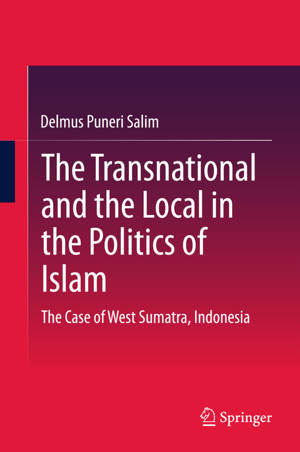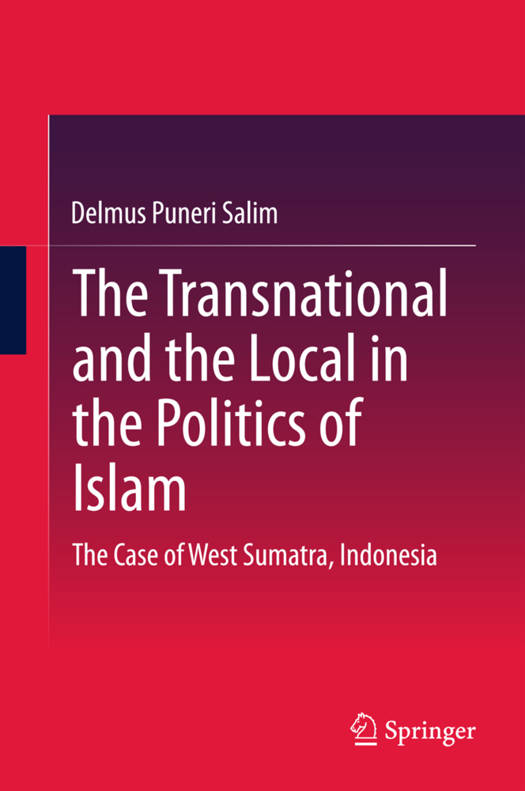
- Afhalen na 1 uur in een winkel met voorraad
- Gratis thuislevering in België vanaf € 30
- Ruim aanbod met 7 miljoen producten
- Afhalen na 1 uur in een winkel met voorraad
- Gratis thuislevering in België vanaf € 30
- Ruim aanbod met 7 miljoen producten
Zoeken
The Transnational and the Local in the Politics of Islam
The Case of West Sumatra, Indonesia
Delmus Puneri Salim
€ 83,95
+ 167 punten
Uitvoering
Omschrijving
This book explores the relationship between transnational and local Islam as expressed in public discourse and policy-making, as represented in the local press. It does so against the background of local governments in majority Muslim regions across Indonesia promoting and passing regulations that mandate forms of social or economic behaviour seen to be compatible with Islam. The book situates the political construction of Islamic behaviour in West Sumatra, and in Indonesia more generally, within an historical context in which rulers have in some way engaged with aspects of Islamic practice since the Islamic kingdom era. The book shows that while formal local Islamic regulations of this kind constitute a new development, their introduction has been a product of the same kinds of interactions between international, national and local elements that have characterised the relationship between Islam and politics through the course of Indonesian history. The book challenges the scholarly tendency to over-emphasise local political concerns when explaining this phenomenon, arguing that it is necessary to forefront the complex relationship between local politics and developments in the wider Islamic world. To illustrate the relationship between transnational and local Islam, the book uses detailed case studies of four domains of regulation: Islamic finance, zakat, education and behaviour and dress, in a number of local government areas within the province.
Specificaties
Betrokkenen
- Auteur(s):
- Uitgeverij:
Inhoud
- Aantal bladzijden:
- 174
- Taal:
- Engels
- Reeks:
Eigenschappen
- Productcode (EAN):
- 9783319154121
- Verschijningsdatum:
- 24/03/2015
- Uitvoering:
- Hardcover
- Formaat:
- Genaaid
- Afmetingen:
- 156 mm x 234 mm
- Gewicht:
- 439 g

Alleen bij Standaard Boekhandel
+ 167 punten op je klantenkaart van Standaard Boekhandel
Beoordelingen
We publiceren alleen reviews die voldoen aan de voorwaarden voor reviews. Bekijk onze voorwaarden voor reviews.







